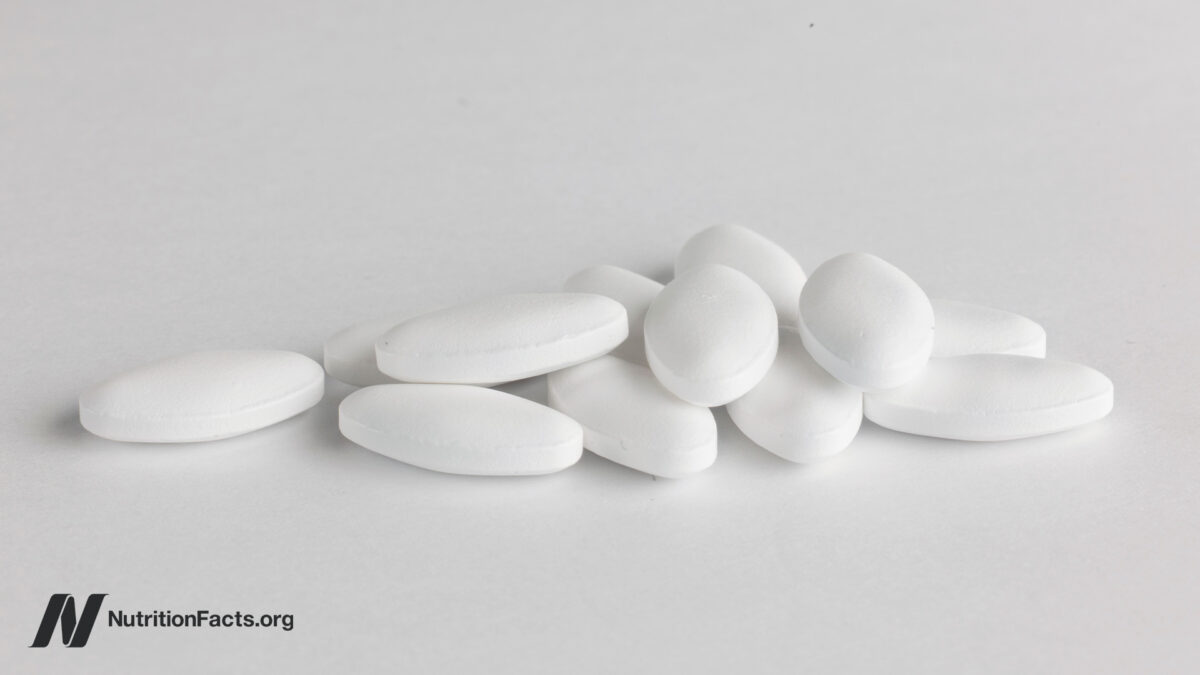Your Odds Of Dying Are Higher If You Have This Vitamin Deficiency
Are your levels high enough?

Image by Viktor Solomin / Stocksy November 3, 2022 New research reveals that improving your vitamin D levels can be a matter of life or death. A new population study from Annals of Internal Medicine shows mortality risk increases with vitamin D deficiency, which is defined as a 25(OH)D serum level of 20 ng/ml or lower. Considering 29% of U.S. adults1 are deficient in vitamin D, this new research is a bit alarming. 
Advertisement
This ad is displayed using third party content and we do not control its accessibility features.
The study also found an association between low vitamin D status and mortality from cancer, cardiovascular disease, and respiratory diseases. This means the 60% of U.S. adults2 living with at least one chronic disease and 40% that have two or more chronic diseases could be at even higher risk of mortality if they’re also deficient in vitamin D.How vitamin D status impacts whole-body health.
Vitamin D doesn’t just keep you alive; truly optimal levels can help you thrive. This essential vitamin is critical for myriad facets of well-being, including:
Advertisement
This ad is displayed using third party content and we do not control its accessibility features.
How to reach & sustain vitamin D sufficiency.
Testing your vitamin D levels (either through your health care provider or with an at-home test) is an important step in reaching truly optimal 25(OH)D serum results (which is 50 ng/ml, for the record).
Once you have your baseline level, taking a premium D3 supplement with an efficacious dose (i.e., 5,000 IU) daily can help you achieve and maintain sufficiency (see a roundup of mbg’s top D3 supplement selections here). In doing so, you’ll significantly reduce your risk of premature death.
The takeaway.
A recent study reveals low vitamin D levels are linked to premature death. To promote longevity and well-being, consider upping your vitamin D status with a high-quality D3 supplement.
If you are pregnant, breastfeeding, or taking medications, consult with your doctor before starting a supplement routine. It is always optimal to consult with a health care provider when considering what supplements are right for you.
Advertisement
This ad is displayed using third party content and we do not control its accessibility features.

 KickT
KickT 





























.jpg&h=630&w=1200&q=100&v=6e07dc5773&c=1)



